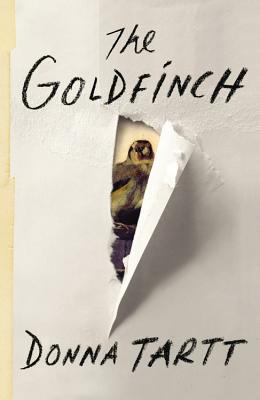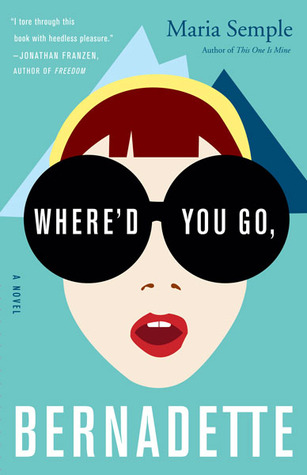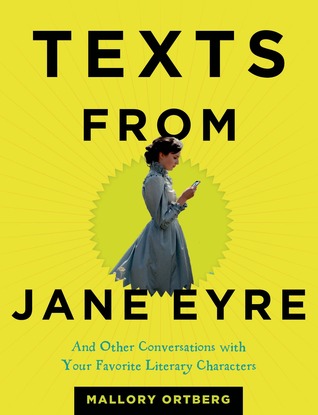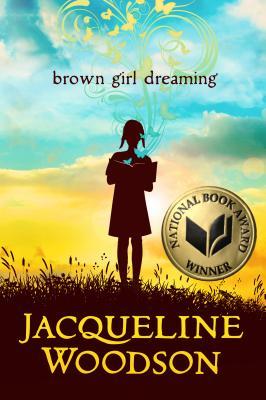10 Books (3,226 pages) Read in January:
[10 books (3,226 pages) year-to-date]
1 Nonfiction:
- From Sea to Shining Sea (for Young Readers), Peter Marshall & David Manuel (3) I didn't realize when I bought this book (in preparation for beginning American History studies with my 10yo) that it was a continuation from The Light and the Glory—a book that I knew took a heavy providential view of the USA. Since I'm piecing together my own curriculum, I pre-read the book and found the expected as well as the unexpected. The expected: Euro-centric focus, with the simplistic viewpoint that good/bad things happen because people are good/bad. The unexpected: a good mix of early American tales that help to show the variety of leaders and circumstances that helped to found the USA. Turns out, it'll be a good base to springboard from in combination with my other texts.
2 Junior/Teen Fiction:
- Mrs. Frisby and the Rats of NIMH, Robert C. O'Brien (5) What a wonderful book! I read this aloud to my 10yo and we didn't want it to end. I loved the writing, the pacing, the mix of character development and plot.
- Pippi Longstocking, Astrid Lindgren (4) Also read with my 10yo, this is re-re-read. Pippi is always hilarious and a little ridiculous. We were amused to find that many of Pippi's comments sounded just like what a 7yo friend of ours would say. We are blessed with funny friends!
3 for the Book Riot Read Harder Challenge:
- The Goldfinch, Donna Tartt (4.5) I listened to the audio version (which I highly recommend) beginning sometime in December. While the drug use and some other slightly depressing topics made for heavy reading (listening) in the middle of the book, I found it very well done overall. The writing was great, and the ending really brought the whole thing to a higher level. [A National Book Award, Man Booker Prize or Pulitzer Prize winner from the last decade]
- Where'd You Go, Bernadette, Maria Semple (4...or maybe 3.5) I finally caved and bought this after pretty much everyone loved it, and I have to say that the quirkiness did win me over in the end. The first half was a little strange to me—the tone was too light and irreverent for the subject matter somehow. By the end it seemed to open up and become a little more honest and enjoyable. I'm always a little afraid that I'll read something light and fluffy and it'll be the end of me somehow, so it's nice to find something that proves my fear unfounded. [A book that you would consider a guilty pleasure (Read, and then realize that good entertainment is nothing to feel guilty over)]
- Bark, Lorrie Moore (3) My book club read Moore's Who Will Run the Frog Hospital last year, so I was looking forward to reading her new collection of short stories. This is a short collection of eight stories that all seem to revolve around people in some sort of mid-life turning point. While her writing is quite good, every story left me depressed which only made me glad to finish the book. [A collection of short stories (either by one person or an anthology by many people)]
1 Classic:
- Main Street, Sinclair Lewis (5) This is exactly my sort of book: humorous with serious themes, well-written, great character development and a little bit of history. More here.
3 Others:
- Texts from Jane Eyre, Mallory Ortberg (3) This was a really cute idea, and it was a lot of fun to flip through. Gone With the Wind was especially funny to me. However, it doesn't hold up much past a casual browse. The conversations all start to sound the same and not many made me audibly chuckle.
- The High Divide, Lin Enger (4) Received from the publisher via LibraryThing. I loved the time period (post-Civil War) and setting (Minnesota to Montana). The writing reminded me of Robert Morgan (Gap Creek) and the very great value of family.
- The Salinger Contract, Adam Langer (3.5) From a Book Riot Quarterly box, this literary thriller is not something I'd pick up on my own but I found it enjoyable anyhow. Written in a unique style that made it feel more like a friend telling you a true story than as if you were reading a novel. Quick and interesting.










2 Current Reads:
- Lies My Teacher Told Me, James W. Loewen. My current audio book - no big shocks for me since I love history and I'm a renegade homeschooler ;) but still interesting to listen to. The tone is a little irritating—all scandal and condescension—but I've been trucking along anyhow.
- Cakes and Ale, W. Somerset Maugham. What can I say...this won the First Line Contest when I was auditioning books to read next. I'm not much into it because I had a crazy busy weekend scrubbing floors and scouring stoves, but it'll be underway soon.


On My Nightstand:
What to read, What to read. Well, I just ordered a bunch of new books from my local book shop, so who KNOWS what I'll jump into next. It's gonna be one of these:







